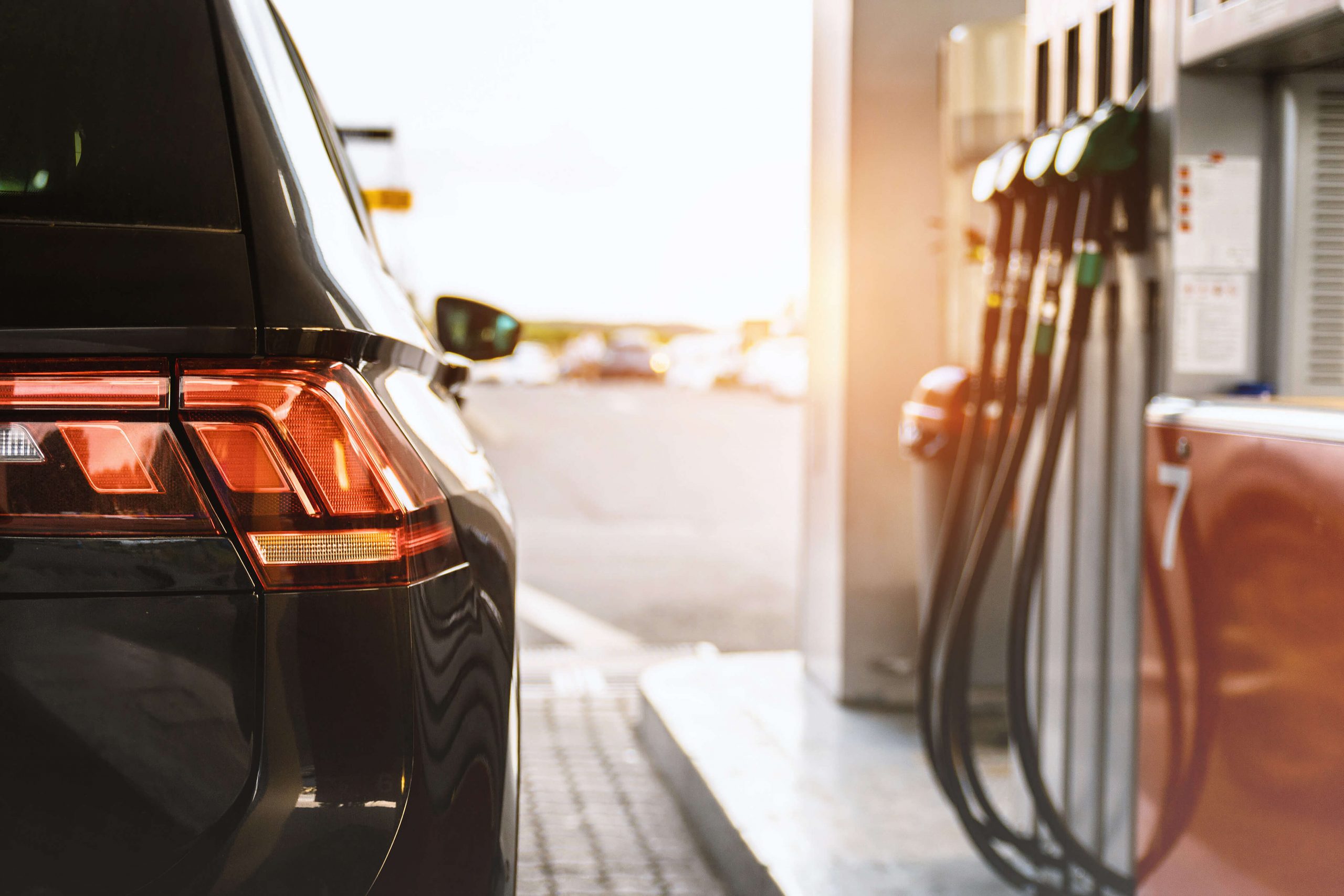
26 April 2022
Switching to biofuels could save us 130m tonnes of CO2 by 2030 – so why are we not talking about it?

Few deny that electric vehicles run on renewable energy and produced in an environmentally and socially conscious way is the ultimate goal that road transportation needs to aim for – but it’s not a quick solution. With issues around battery production, an entire infrastructure to replace, and the fact that less than 40 per cent of electricity consumed in the UK is currently renewable[i], there are still a lot of practical issues that need addressing.
But in our quest towards perfection, are we ignoring solutions that could have an immediate, and effective, impact on the climate emergency we currently face?
Today there are 278 million cars on Europe’s roads and only 0.2 per cent are fully electric[ii]. There are 35 million cars on the UK’s roads alone and given that only 0.3 per cent of those are fully electric[iii], the majority of the general fleet continues to pump out as much emissions as they always have.
Sustainable liquid fuels could begin making a difference almost immediately, reducing greenhouse gas by up to 80 per cent if fully replacing their fossil-based equivalent[iv]. But even a staged introduction could remove 130 million tonnes of CO2 in Europe by 2030[v] – almost the same amount as 33 coal fired power stations would produce in a year[vi].

Currently up to 10 per cent of the E10 petrol you can fill up with at the pump is biofuel. But sustainable fuel experts Coryton believe this doesn’t go far enough. Andrew Willson, CEO at Coryton, said:
“Sustainable fuels could be used in all cars which typically run on petrol or diesel. There’s no need for any alterations to either vehicles or the infrastructure surrounding refuelling. We’re limited to the amount of bioethanol we can use in fuels, which is what is in an E10, before there is a compatibility issue. But we could use other biowaste to produce other bio-components, with no such issues and with some support to scale up operations. Due to current government policy, there has been no call to produce sustainable fuel in the huge volumes needed – but it could be done, and studies have been undertaken to prove it[vii].
Here we have a solution that could be making a difference to greenhouse gas emissions almost immediately – given we’re in a climate emergency, why would we not make those easier changes as we transition into fully electric vehicles? It doesn’t help when data is misrepresented or ‘cherry picked’ by influential NGOs which is then used to base government policy on. It’s time we stop looking at solutions as being either perfect or not worth exploring. While we’re gearing up the electric infrastructure, we’re still emitting millions of tonnes of CO2 from our existing cars every year. Sustainable fuel may not be the ideal solution, but realistically nothing out there currently is, and it is the only option for tackling the existing fleet. It makes sense that we employ a suite of effective solutions, to tackle these issues as quickly as possible. Imposing a single solution policy suppresses innovation that might find better or complementary ones.”
[i] https://assets.publishing.service.gov.uk/government/uploads/system/uploads/attachment_data/file/1021952/Energy_Trends_September_2021.pdf
[ii] Figures as of 2019, taken from https://www.acea.auto/publication/report-vehicles-in-use-europe-january-2021/
[iii] Figures as of 2019, taken from https://www.acea.auto/publication/report-vehicles-in-use-europe-january-2021/
[iv] Figure taken from a proof of sustainability audit trail for Coryton’s biogasoline. The Renewable Fuel Statistics 2019 Report from the Department of Transport also found an 83 per cent saving against fossil fuels.
[v] Taken from Ricardo and IMechE – ‘Alternative pathways for light duty vehicles’ contribution to Net Zero objectives for 2050’
[vi] https://www.epa.gov/energy/greenhouse-gas-equivalencies-calculator
[vii] CONCAWE/FuelsEurope – Clean Fuels for All report

